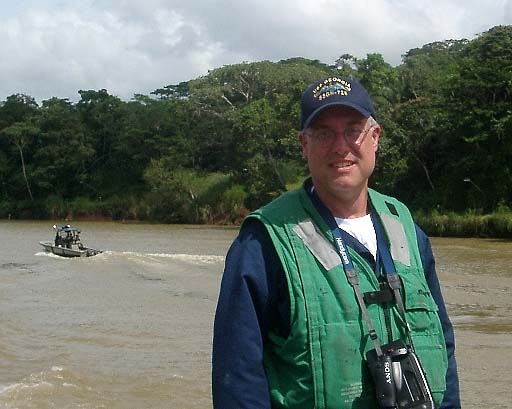skip to main |
skip to sidebar
Freak Watch - Kim Jong Il
Here is the Country Reports on Human Rights Practices - 2004 for the Democratic People's Republic of Korea, released by the Bureau of Democracy, Human Rights, and Labor on February 28, 2005. Most people hear a few things about how awful Kim's regime is. This report gives detail to the stories.The Democratic People's Republic of Korea (DPRK or North Korea) is a dictatorship under the absolute rule of Kim Jong Il, General Secretary of the Korean Workers' Party (KWP). In 1998, the Supreme People's Assembly reconfirmed Kim as Chairman of the National Defense Commission and designated that position the "highest office of state." Kim's father, the late Kim Il Sung, was declared "eternal president." The titular head of state is Kim Yong Nam, the President of the Presidium of the Supreme People's Assembly. Elections for the 687-member Assembly were held in August 2003. Only the KWP and two small satellite parties participated. The elections were not free. The Kim family remained the object of an intense personality cult, and the regime continued to cling to "juche," an ideology of extreme self-reliance, even though the population was dependent on international aid for survival. The judiciary is not independent.
But you already knew most of this. There are details of all aspects of life in the DPRK in this report.The country's traditional highly centralized and tightly controlled economy has broken down under the stress of chronic shortages of food and fuel. Citizens increasingly have sought employment in the informal economy. Most citizens must supplement limited amounts of government-subsidized rations with food purchased in markets.
...
The Government's human rights record remained extremely poor, and it continued to commit numerous serious abuses. Citizens did not have the right to change their government. There continued to be reports of extrajudicial killings, disappearances, and arbitrary detention, including of many persons held as political prisoners. Prison conditions were harsh and life-threatening, and torture reportedly was common. Pregnant female prisoners reportedly underwent forced abortions, and in other cases babies reportedly were killed upon birth in prisons. The constitutional provisions for an independent judiciary and fair trials were not implemented in practice. The regime subjected citizens to rigid controls over many aspects of their lives.
These are from the introductory paragraphs. The bulk of the report is under the heading of RESPECT FOR HUMAN RIGHTS. A few samples follow.a. Arbitrary and Unlawful Deprivation of Life
Defector and refugee reports over several years indicate that the regime has executed political prisoners, opponents of the regime, some repatriated defectors, and others, including military officers suspected of espionage or of plotting against Kim Jong Il. ... In some cases, notably at the height of the famine in the 1990s, executions reportedly were carried out at public meetings attended by workers, students, school children, and before assembled inmates at places of detention [emphasis mine - ed.]. ... Religious and human rights groups outside the country reported that members of underground churches have been killed because of their religious beliefs and suspected contacts with overseas evangelical groups operating across the Chinese border (see Section 2.c.).
...b. Disappearance
Numerous reports indicated that ordinary citizens are not allowed to mix with foreign nationals, and Amnesty International (AI) has reported that a number of citizens who maintained friendships with foreigners have disappeared. ... There were other reports of kidnapping and hostage-taking, apparently intended to intimidate ethnic Koreans living in China and Russia. The Government continued to deny that it had been involved in kidnappings of non-Japanese foreign nationals.
...c. Torture and Other Cruel, Inhuman, or Degrading Treatment or Punishment
In its 2001 submission to the U.N. Human Rights Committee, the Government claimed that torture is prohibited by law; however, many sources confirm its practice. According to a report by the U.S. Committee for Human Rights in North Korea (USCHRNK), torture "is routine and severe." Methods of torture included severe beatings; electric shock; prolonged periods of exposure; humiliations such as public nakedness; confinement to small "punishment cells," in which prisoners were unable to stand upright or lie down, where they could be held for several weeks; being forced to kneel or sit immobilized for long periods; being hung by one's wrists; being forced to stand-up and sit-down to the point of collapse; and, forcing mothers recently repatriated from China, to watch the infanticide of their newly born infants [emphasis mine - ed.]. Defectors reported that many prisoners have died from torture, disease, starvation, exposure, or a combination of these causes.
There is just far too much to quote here. To learn what a truly monstrous regime this is, read the report.






No comments:
Post a Comment